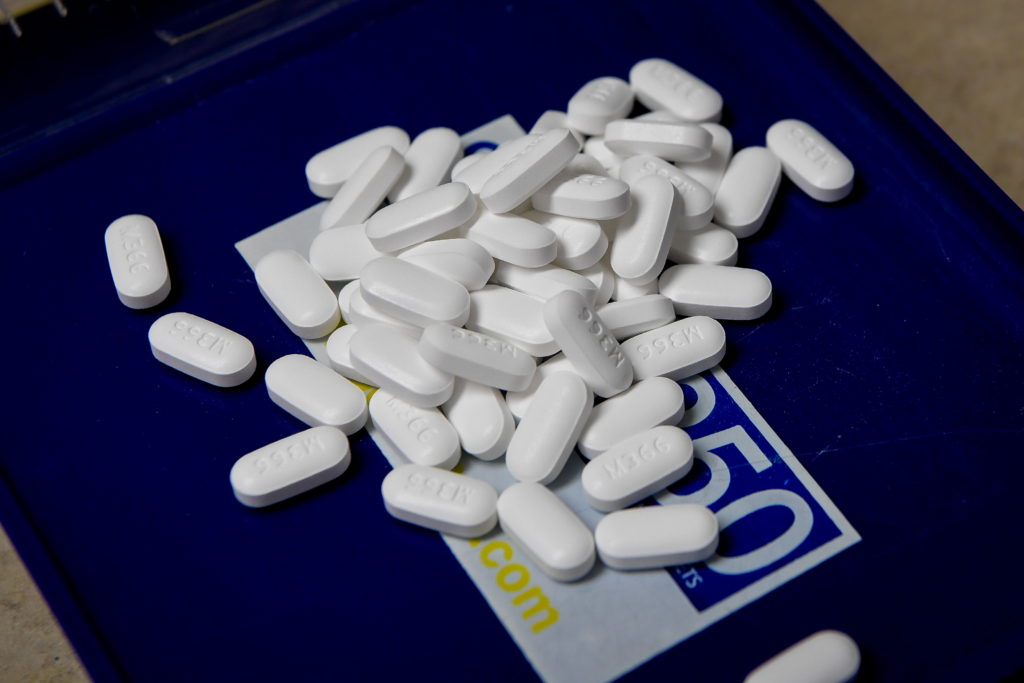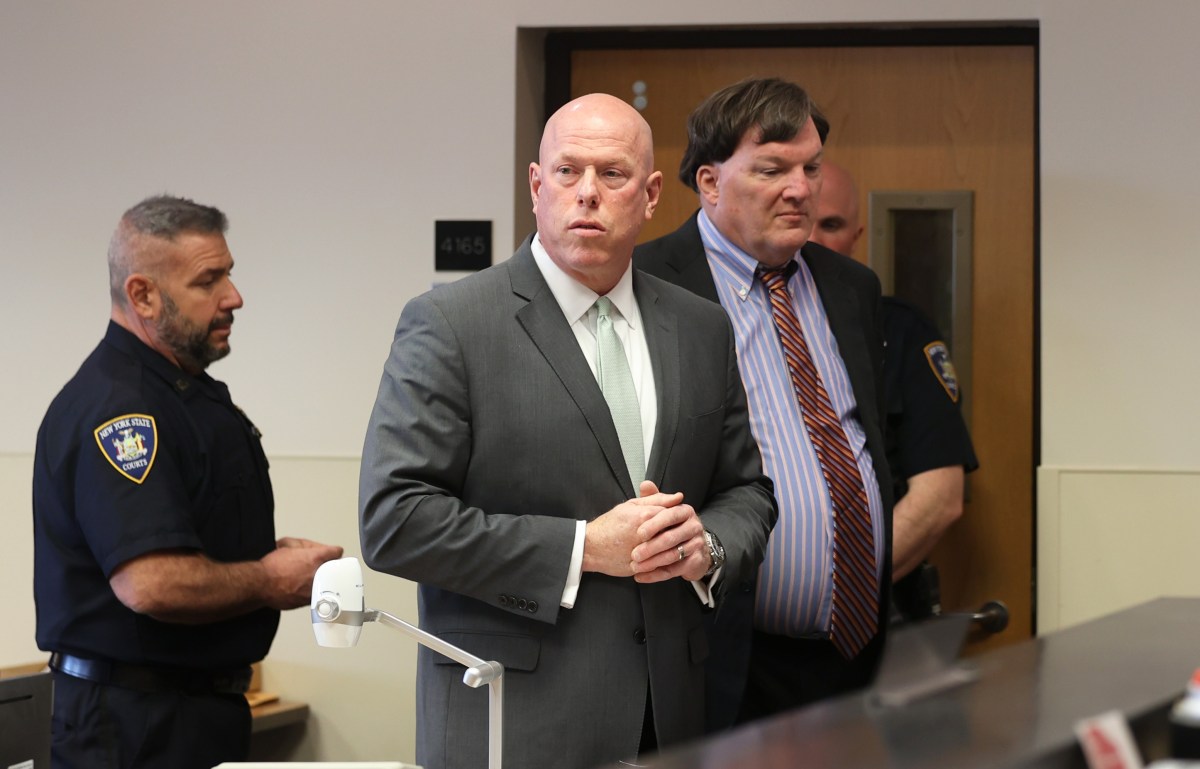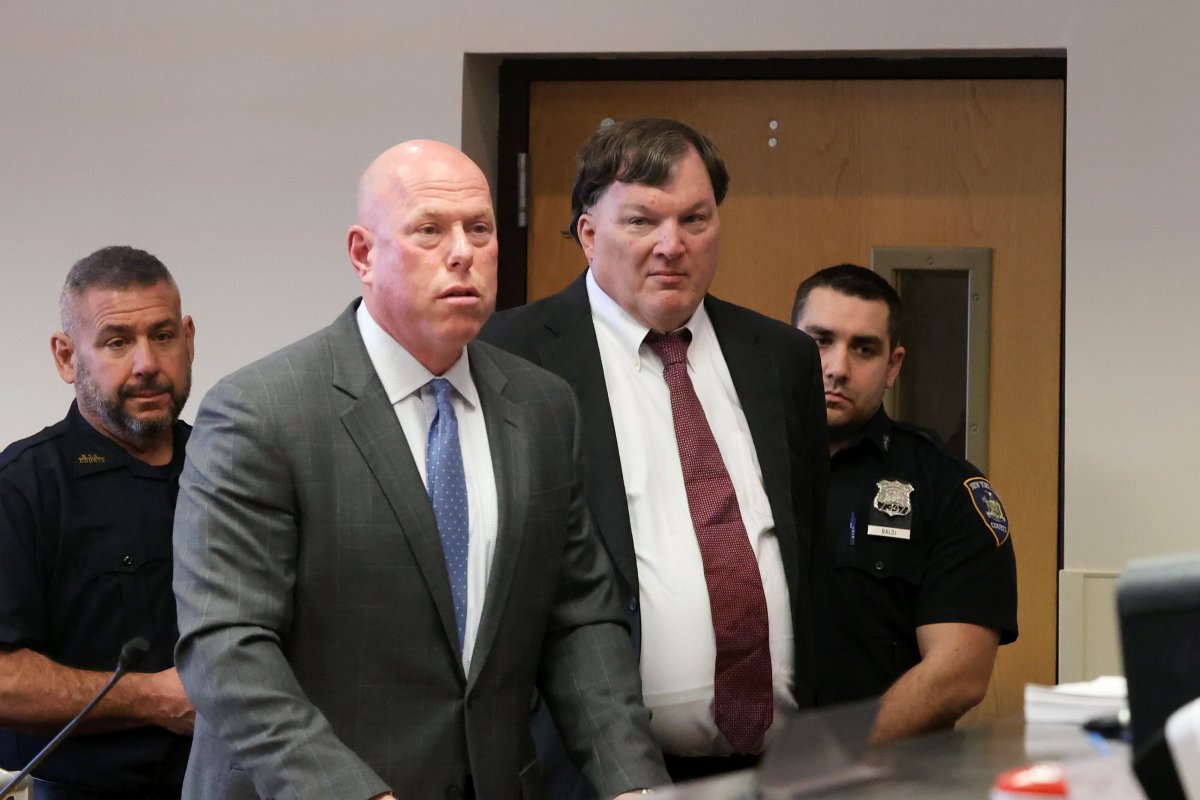Suffolk Receives First Round of Opioid Settlement Dollars

Long Island has begun receiving $46.9 million from its opioid lawsuit settlements, a portion of the total that big pharmaceutical companies owe Nassau and Suffolk counties, New York Attorney General Letitia James announced on April 19.
James made the announcement during a Zoom news conference with Suffolk County Executive Steve Bellone and Nassau County Executive Bruce Blakeman. Suffolk receives $26.4 million and Nassau receives $20.4 million from the settlements this year, which represents the amounts they will receive for 2022. There will be more allocations in the coming years, James noted.
“While there is no amount of money that can ever make up for the loss of life, the loss of a loved one, these large settlements will help hold these drug companies accountable,” James said. “They will prevent drug companies from engaging in deception going forward and will help New Yorkers end the terrible cycle of hopelessness and drug addiction that these opioids have caused, and save lives. … These funds will go a long way in supporting those who need it most and the counties who’ve been affected by this crisis.”
Suffolk was the first county in New York to file a lawsuit in 2016 against drug companies for their roles in fueling the opioid epidemic. Nassau and counties across the state and nation then followed suit.
Last year, several settlements were reached for both Nassau and Suffolk, including from drug companies McKesson Corp, Cardinal Health Inc. and AmerisourceBergen Corp.
“As a result of those efforts, we now have the resources to put toward prevention and treatment and recovery, to work to finally end this crisis once and for all,” Bellone said. “That is the goal, that is what we are focused on, to end the devastation and to bring home to people and families whose lives have been turned upside down. This announcement today is a big step forward for us.”
Both counties will use the settlement dollars to directly fund programs to battle opioid addiction. These will include educational programs to prevent drug use, drug rehabilitation centers, treatments such as Narcan for overdoses, counseling for individuals and families, and others.
In Suffolk, there is a task force meeting with medical experts, law enforcement, and other experts in the field of addiction to see where funds can bolster treatment and prevention services.
“We’re in the process still,” Bellone said. “Bottom line, we want to make sure we are spending these dollars as effectively as possible to combat the opioid epidemic.”



